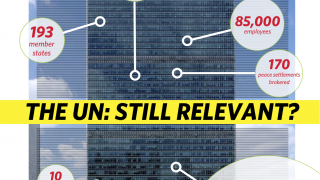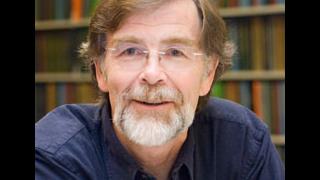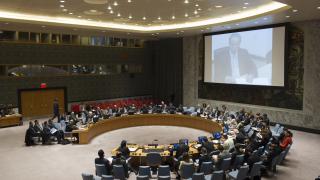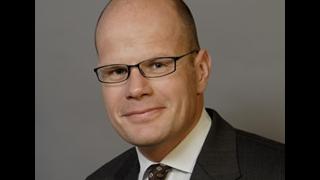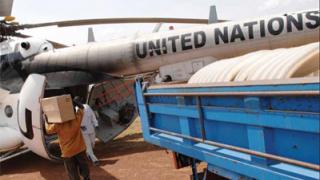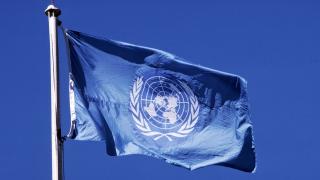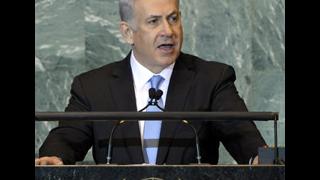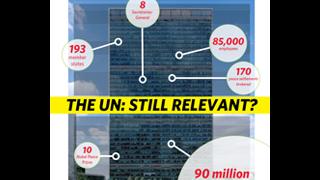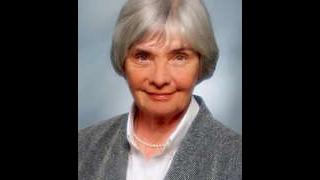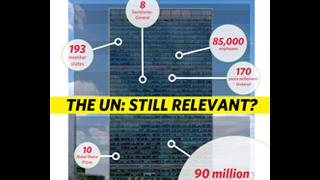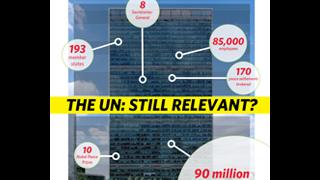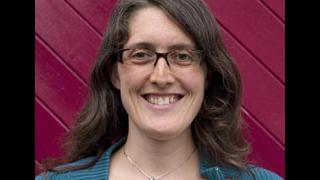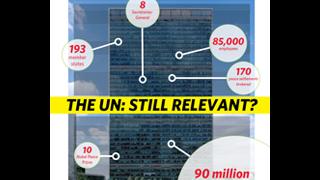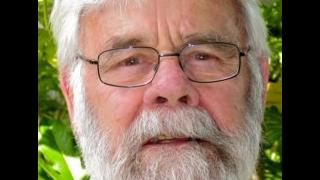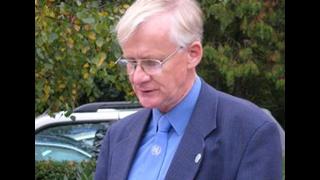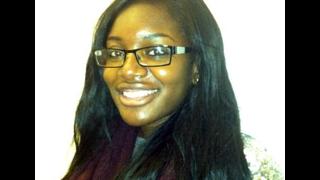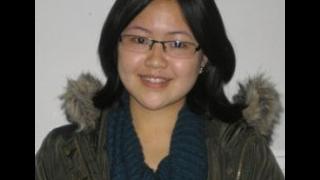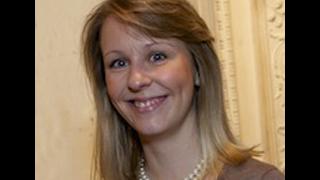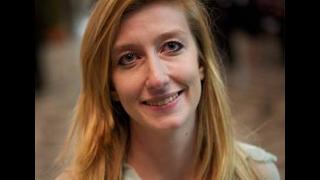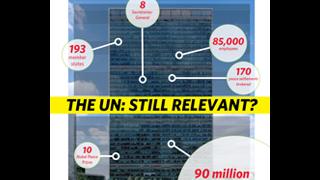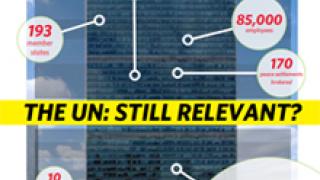
15% of the global population – around a billion people – have disabilities.
This revealing statistic was released in June 2011 after years of research by the UN World Health Organization and World Bank, and analysed in their joint publication: World Disability Report. The report argues that disability disproportionately affects vulnerable populations, and that lower-income countries have a higher prevalence of disability than their wealthier neighbours.
The urgent question now is how to address these challenges. One priority is to ensure that disability-related issues are included in all programmes designed to meet the UN Millennium Development Goals (MDGs), and that people with disabilities are involved in both the conception and delivery of these programmes. Disability issues should also form a key component of discussions on development initiatives and frameworks for post-2015 - the target date for achieving the MDGs.
Over 100 countries have now ratified the UN Convention on the Rights of Persons with Disabilities (UNCRPD), mandating them to update and enforce their own disability equality legislation.
But how do we translate this into practical action? In March 2012 the UN Economic and Social Commission for Asia and the Pacific (ESCAP) in Thailand will continue a unique partnership that promotes the sharing of experiences between grassroots organisations and government ministers.
Held jointly with Leonard Cheshire Disability, the ‘Disability-Inclusive MDGs and Aid Effectiveness’ conference will bring together representatives of local disability and development organisations from over 50 countries as well as health, education and employment ministers from across Asia. Together, they will discuss their successes and challenges, debate policy, share best practice and learn from each other how to support disabled people most effectively.
Recognising that it is primarily local organisations that implement disability policies, and that these organisations therefore have valuable insights into how policies work in practice, ESCAP approached Leonard Cheshire Disability to propose the first joint conference. Held in 2005 and including 280 participants from 54 countries, the conference was hailed as “an innovative collaboration between the United Nations and civil society that has provided a wealth of experience for all”.
Many of the non-governmental organisations represented at these meetings are members of the Leonard Cheshire Disability Global Alliance, a federation of civil society groups that share the aim of supporting disabled people to improve the quality of their own lives and campaign against the barriers they face. Leonard Cheshire Disability itself is a UK-based NGO that works with its Global Alliance partners on projects that support children with disabilities to go to school, disabled adults to earn a living, and both adults and children to access appropriate support for everyday living.
In 2008, just weeks after the UNCPRD came into force, a second major conference was held to mark a new era in the history of human rights and disability movements, this time in partnership with the UN Economic and Social Commission for Africa.
Planning for a third joint conference is now underway. It will include panel discussions and workshops on pressing issues such as implementing the MDGs from the disability perspective, results-based management, value for money and measuring impact. With over 250 participants expected, the conference should once again offer a unique opportunity to develop programmes that truly reflect disabled people’s priorities and best practice in the field.
For more information about the Disability-Inclusive MDGs and Aid Effectiveness conference, please visit www.LCDisability.org/aideffectiveness or email conference@lcdisability.org.
Diana Shaw is International Writer and Editor at Leonard Cheshire Disability, a UK-based disability and development organisation that works with local partner organisations in 54 countries.

